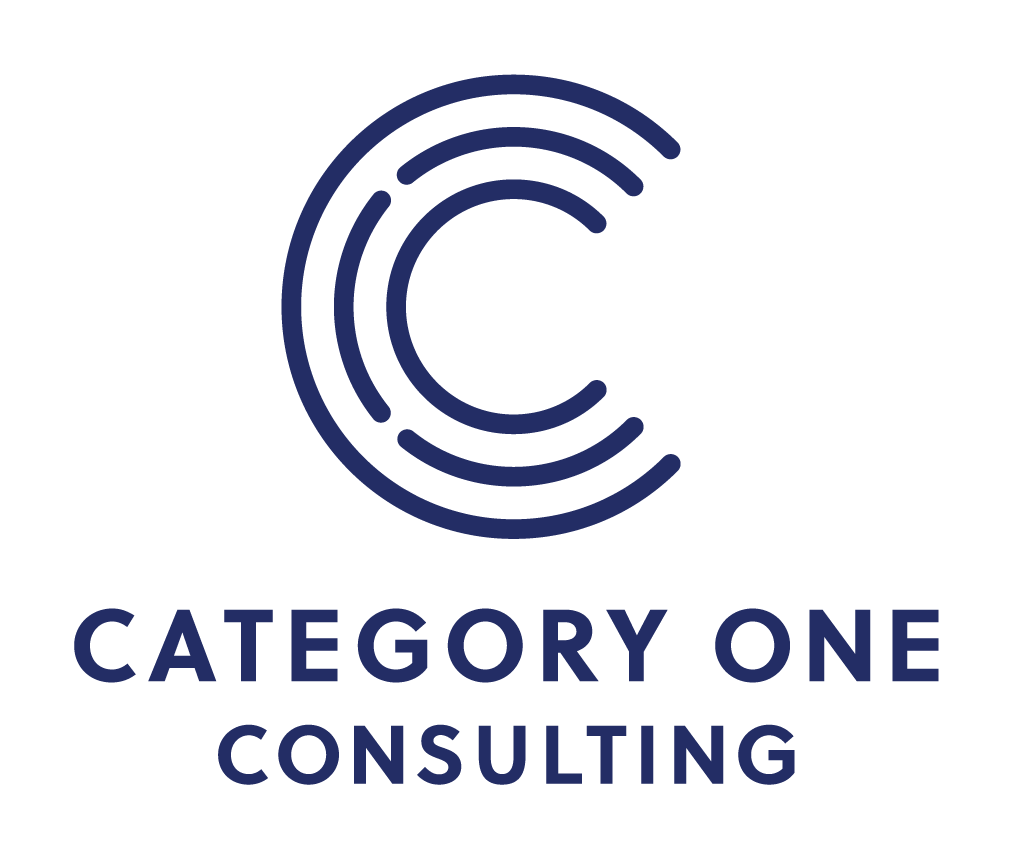Four Key Ingredients for Effective Meetings
Meetings are an important part of the work week for many, but they often get a bad reputation. Meeting frustrations are commonly related to perceptions that meetings aren’t productive, they run long or start late, nothing happens afterward, and not all voices are heard. Oftentimes these frustrations are warranted, but the good news is that they can be addressed. Below I provide four key ingredients to help you get the most out of your meetings!
It’s always useful to create an agenda to keep the meeting on track and ensure all objectives are covered.
Guidelines. Consider developing agreed upon guidelines to set meeting expectations for all team members. Guidelines may be related to behavior, communication, or accountability. Some guidelines may even apply beyond meetings and more generally to how the team communicates and approaches their work. For example, an organization may implement meeting guidelines that team members should not be distracted by visitors, phone calls, emails, or other tasks during the meeting; team members will communicate openly, honestly, and respectfully; meetings will end on time as to respect the other work commitments of the team; and that team members are accountable and follow-through on commitments.
Preparation. Many times, little planning is done prior to a meeting, but it’s critical to determine clear meeting objectives and share these with attendees in advance. This ensures everyone is on the same page and provides a clear goal that should be accomplished by the end of the meeting. Sometimes just taking the step of creating meeting objectives can lead to the realization that a meeting isn’t actually needed to accomplish the goal and that another mode of communication might be just as effective. If a meeting is needed, however, it’s always useful to create an agenda to keep the meeting on track and ensure all objectives are covered. Let attendees know ahead of time if any information or prep work is needed to inform the meeting and the conversation.
Facilitation. Come prepared to actively facilitate the meeting. This includes, for example, time management, conflict management, gathering input, and consensus building. It’s easy for a conversation to get off track, so be prepared to redirect or table a conversation for a later time. If disagreement or conflict arises, guide the conversation in a constructive way and emphasize your guiding principles focused on respectful communication. If part of the meeting is to brainstorm, consider giving some time for attendees to ideate and jot down ideas on their own before discussing as a group. This approach often generates more ideas and helps avoid one person dominating the conversation. Work to build consensus as the group dials in on a solution.
Follow-up. Meetings should typically inform future action in one way or another. For example, your team may meet to generate solutions to a problem which may lead to the need to create a prototype of that solution and communicate it to leadership. Therefore, it’s critical to determine, document, and discuss next steps and subsequent actions. Collaboratively determine responsibilities and ensure attendees know the who, what, when, and how for each action item. Follow-up on these action items to ensure they are completed. This will help keep people accountable and progress moving forward.
Meetings are an essential channel of communication in nearly every organization. I hope that incorporating these four key ingredients will help you get the most out of your meetings! If you have questions about effective meetings or would like help with your organization’s approach, feel free to reach out!

